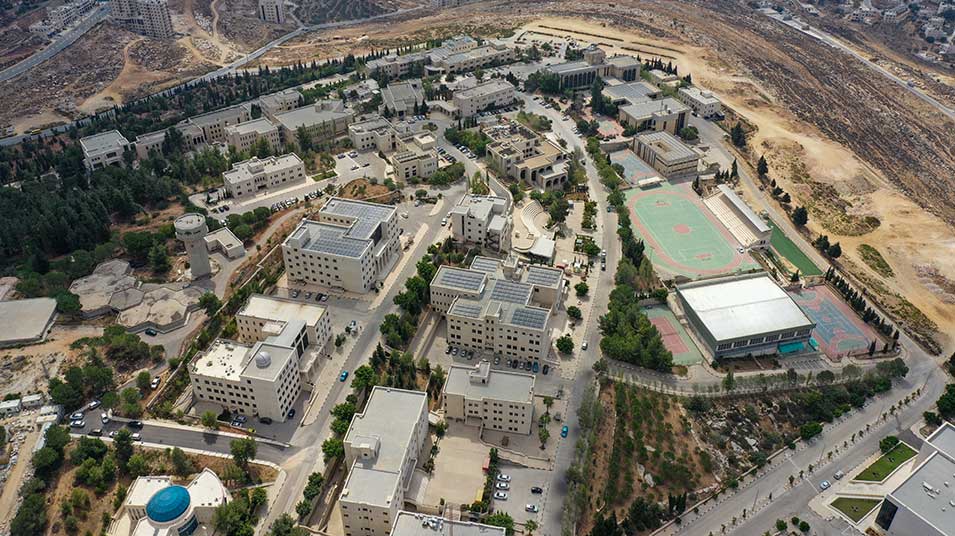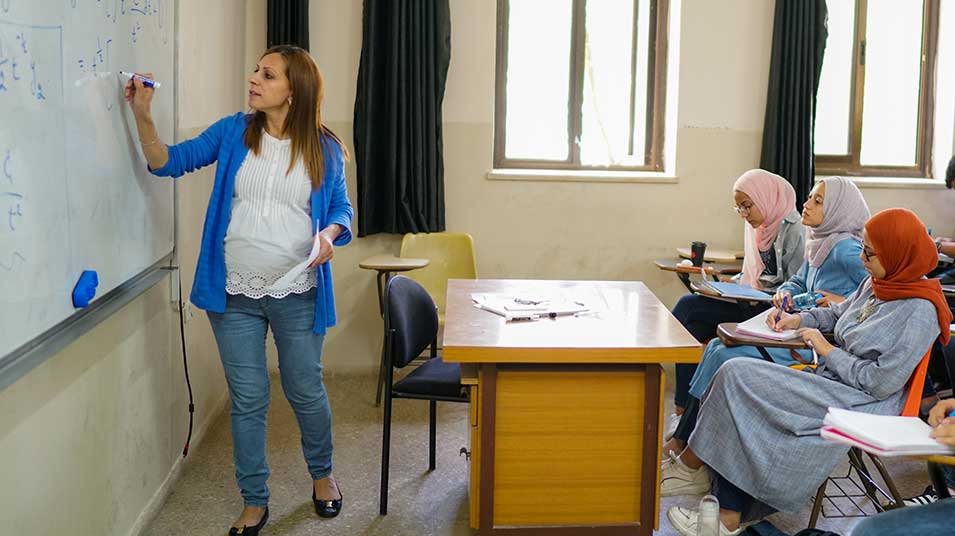New study says Palestinian women face more stress, anxiety than men due to COVID-19
A new study by Birzeit University’s Institute of Community and Public Health assesses the prevalence of indicators of distress and insecurity during the COVID-19 pandemic.
Published in the Journal of Global Health, the research highlights the conditions created by the health crisis and lockdown, such as fears, worries, distress and anxieties, and points to their effects on the mental health of different age groups and genders.
Titled “Double Burden of the COVID-19 Pandemic and Military Occupation: Mental Health among a Palestinian University Community in the West Bank,” the study reveals that women are more likely to feel insecure and stressed. The researchers indicate the increase of stress among women, as they face more demanding conditions such as paid as well as unpaid work and the prevailing patriarchal and gender relations that limit women’s agency.
Moreover, the study reports that students living with a person who is at a high risk of illness with COVID-19 are associated with a higher likelihood of distress.
The researchers emphasize the need to pay attention to both physical and mental health during the pandemic, especially among young people, women, those with lower economic status, and those living with high-risk persons.
The research team calls for interventions to “challenge the context affecting Palestinians’ mental health, as Palestinians are caught in a double captivity, with Israeli military rule of the West Bank compounded by the pandemic, while for Palestinian women it is triple captivity, given the patriarchal structures of domination and the gendered division of labor.”
The author team comprises Rula Ghandour, Rasha Ghanayem, Farah Alkhanafsa, Ayah Alsharif, Hiba Asfour, Aisha Hoshiya, Amani Masalmeh, Muna Nadi, Laila Othman, Sameera Ryahe, Yasmeen Wahdan, Shatha Wahsh, Ala’a Yamani and Rita Giacaman.








